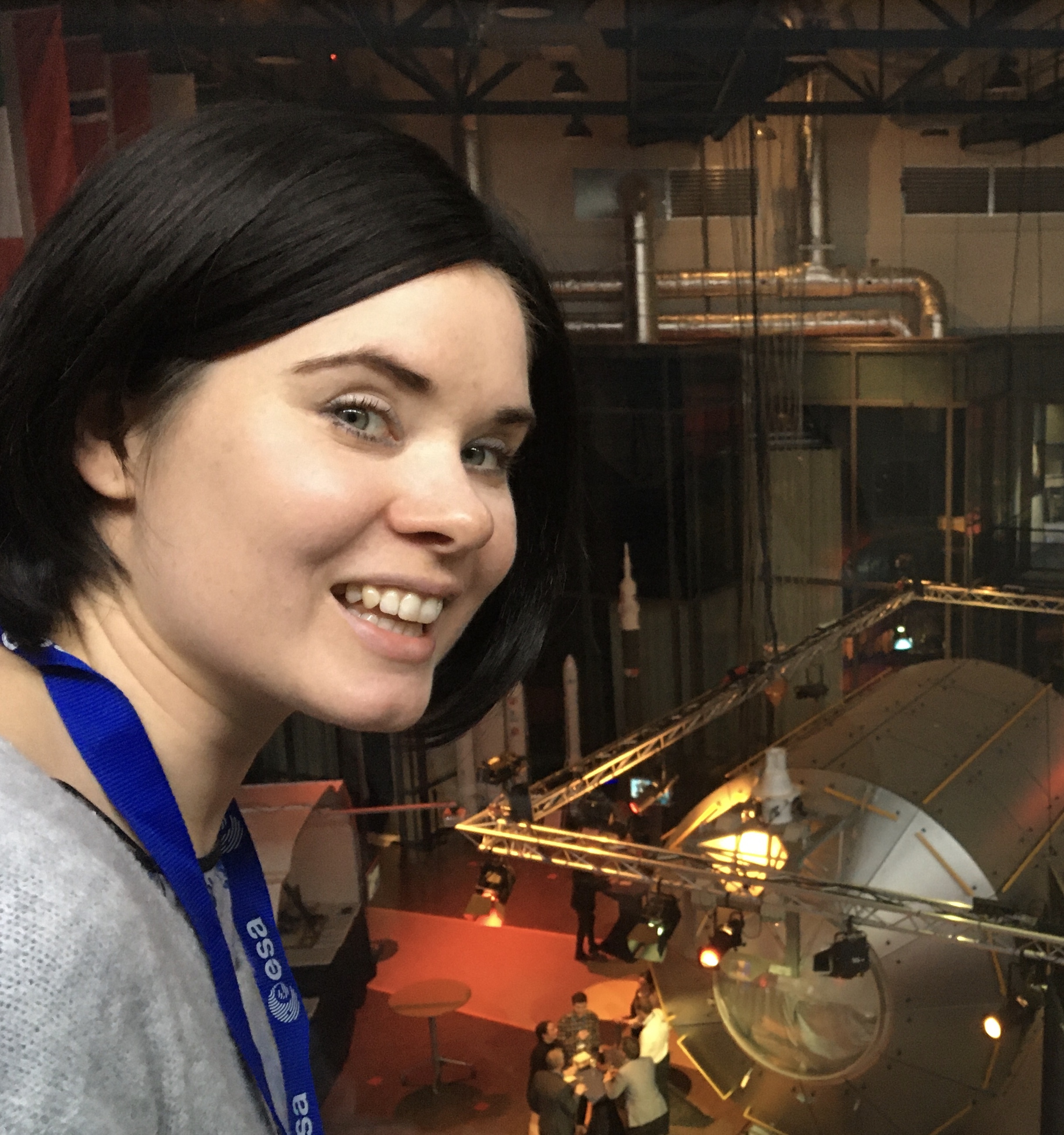Iceland delaying biggest rocket launch from Europe with bureaucracy, start-up claims

U.K. rocket start-up Skyrora claims that Europe's largest-ever rocket launch is being held up by bureaucratic obstacles in Iceland's spaceflight licensing process.
The rocket firm, based in Edinburgh, Scotland, says that their suborbital launcher Skylark L has been prepared to lift-off from a mobile spaceport the company constructed in Husavik, on the northern coast of Iceland, since September 2021. But delays in the licensing process mean the rocket is still waiting to launch.
The launch, Skyrora said in a statement, is a key milestone toward an orbital flight of Skyrora's larger rocket, Skyrora XL, which is currently planned to fly in 2023 from the U.K.
"This latest launch, when it happens, will see the technology readiness level of the vehicle reach the final stage required for commercial readiness ahead of the planned launch of the three-stage orbital Skyrora XL rocket — with a 315kg [694 pounds] payload mass — from a U.K. spaceport in early 2023," Skyrora said in the statement.
Related: The UK really wants commercial spaceports. Will they see rockets fly in 2022?
Thorhildur Elínardóttir, who is the communication manager at Icelandic Transportation Authority, the body responsible for issuing spaceflight licenses in the North Atlantic island state, told Space.com in an email that missing legislation is holding back the licensing process.
"Icelandic legislation is still inadequate in this area," Elínardóttir wrote. "Currently Icelandic legislation is lacking specific requirements for rocket launchers, safety measures and definition of the upper limit of the airspace for which the Icelandic state is responsible."
Get the Space.com Newsletter
Breaking space news, the latest updates on rocket launches, skywatching events and more!
She added that multiple Icelandic organizations have to come together to clear the outstanding questions.
Skyrora plans to launch Skylark L from a mobile "containerized" spaceport with a "minimal footprint" that can be configured for launch in just seven days, according to the company.
The 36-foot-tall (11 meters) Skylark L is expected to lift a 110 pound (50 kg) payload for a short suborbital ride some 60 miles (100 kilometers) above Earth's surface.
"Its original purpose was to complete final checks on subsystems prior to their use in Skyrora XL," Skyrora said in the statement. "However, the completion of the prototype vehicle has created a new market, its potential for use for microgravity experiments at a lower cost than an orbital vehicle making it appealing to universities and research facilities."
Skyrora previously launched its smaller Skylark Micro rocket from Iceland in August 2020.
Skyrora's head of government affairs Alan Thompson told Space.com in an email that the company is appealing "to a superior authority" to instruct the Icelandic Transport Authority to speed up the licensing process to allow the planned launch of Skylark L to finally go ahead.
Skyrora is one of several U.K. companies hoping to provide local launch services for small satellite operators. In 2014, the U.K. government first introduced plans to build spaceports in the U.K. First flights were originally expected to take place in 2020, but were delayed by both legislation and the progress of technical developments.
Currently, two vertical spaceports in the north of Scotland expect to see first rockets launch by early 2023, while a converted airport in Cornwall, in the southwest of England, will host a launch by Virgin Orbit later this summer. The Virgin Orbit launch, which will use an aircraft carrier to launch a rocket from air, will be the first-ever orbital launch from the U.K.
Last week, Skyrora's competitor, a Scotland-based start-up Orbex unveiled the prototype of its Prime launcher on a testing platform in Scotland. Prime is expected to perform its first flight within the next few months from Space Hub Sutherland, one of the two vertical spaceports in northern Scotland that are currently being built.
Follow Tereza Pultarova on Twitter @TerezaPultarova. Follow us on Twitter @Spacedotcom and on Facebook.
Join our Space Forums to keep talking space on the latest missions, night sky and more! And if you have a news tip, correction or comment, let us know at: community@space.com.

Tereza is a London-based science and technology journalist, aspiring fiction writer and amateur gymnast. Originally from Prague, the Czech Republic, she spent the first seven years of her career working as a reporter, script-writer and presenter for various TV programmes of the Czech Public Service Television. She later took a career break to pursue further education and added a Master's in Science from the International Space University, France, to her Bachelor's in Journalism and Master's in Cultural Anthropology from Prague's Charles University. She worked as a reporter at the Engineering and Technology magazine, freelanced for a range of publications including Live Science, Space.com, Professional Engineering, Via Satellite and Space News and served as a maternity cover science editor at the European Space Agency.
